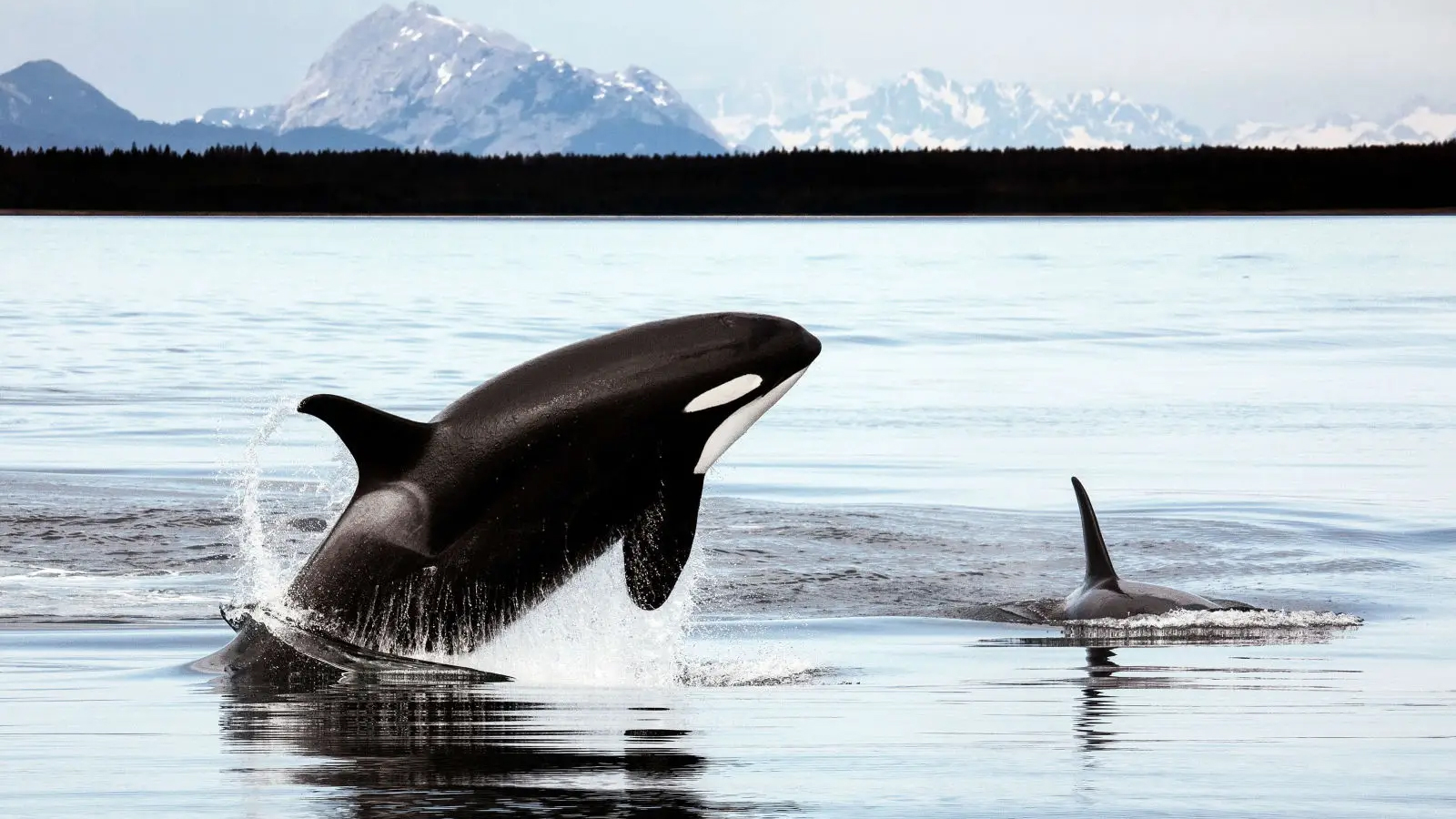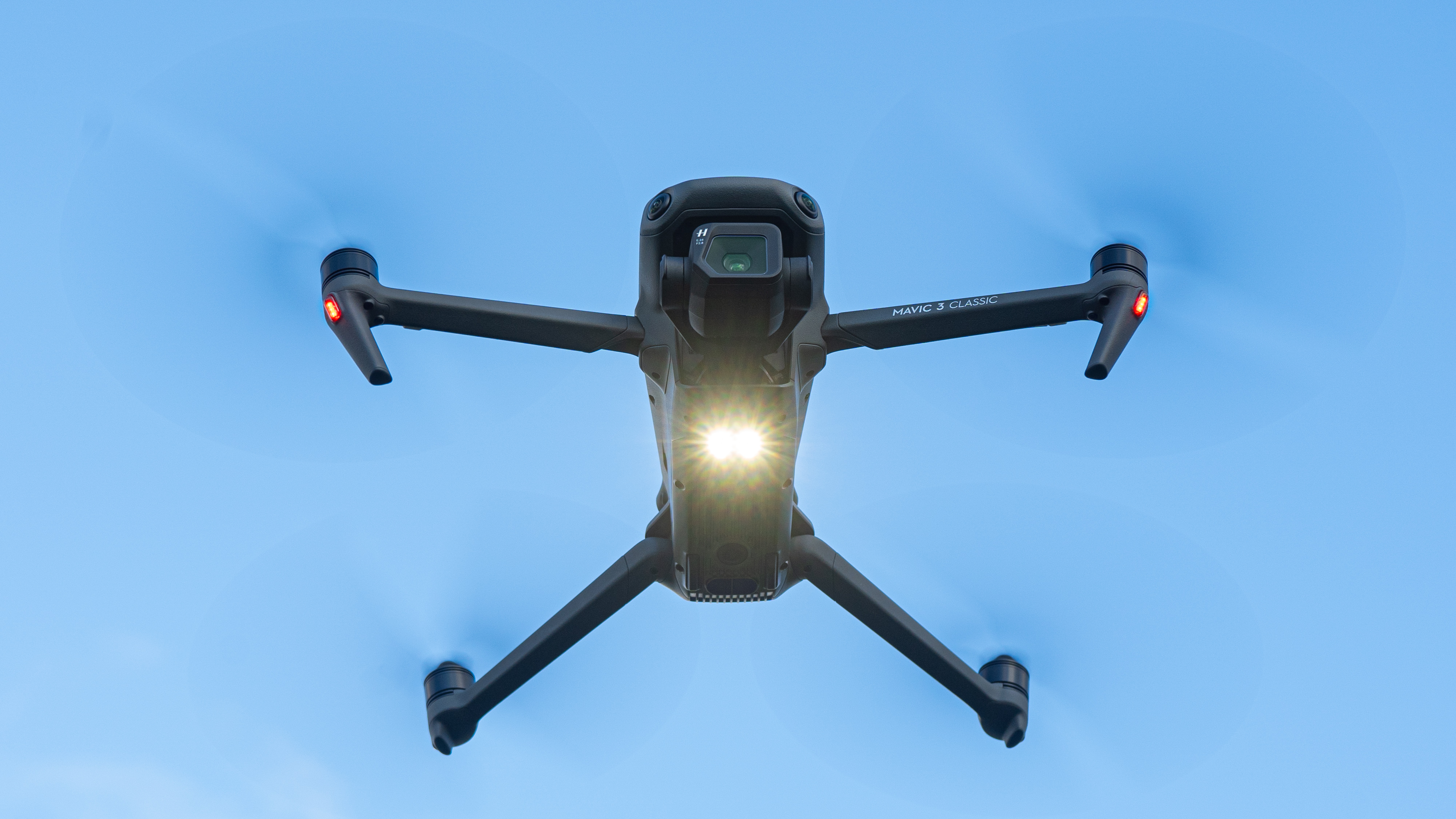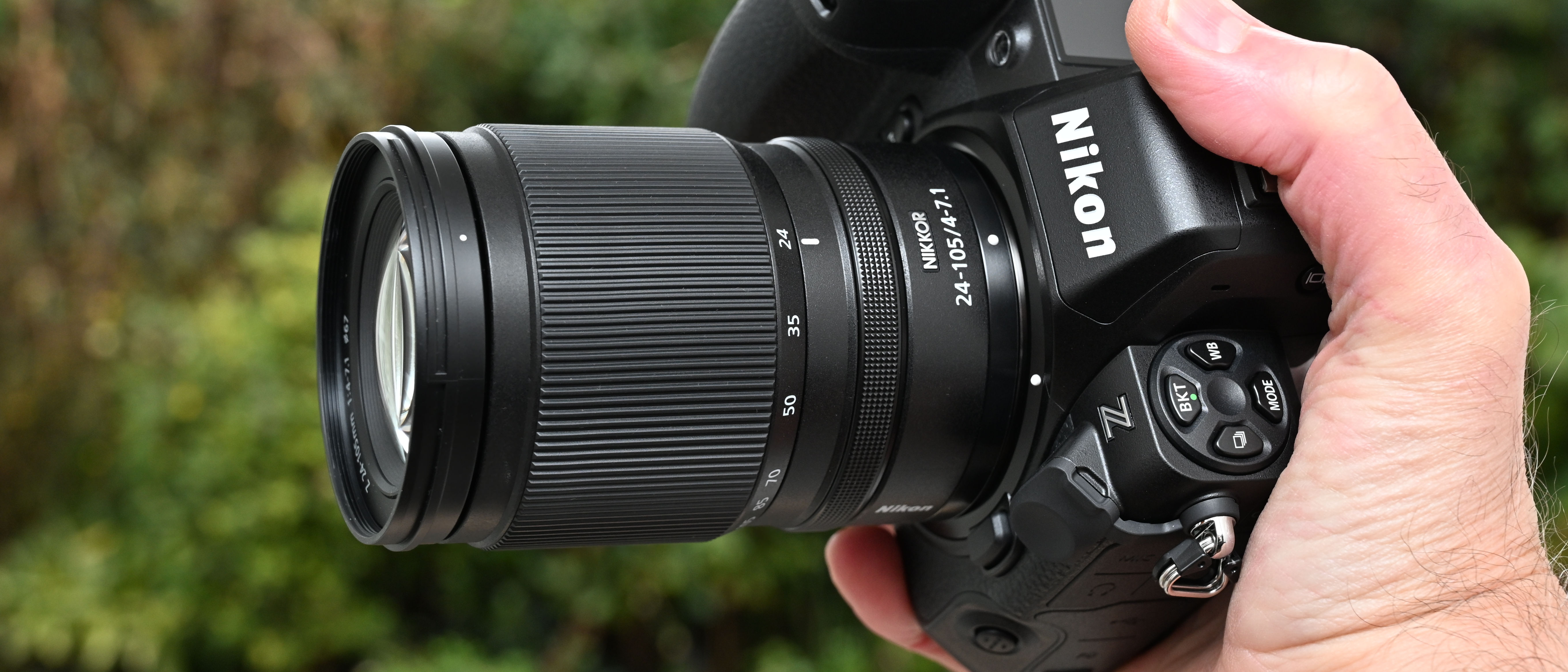Drone operator fined thousands for getting too close to a pod of killer whales in Canada in landmark case
River Road Films Ltd., and its drone operator have been fined for filming whales, despite being denied a permit

Wildlife photography and film is a huge industry, people love taking shots of animals, and people love looking at them.
Sometimes, however, humans can overstep the mark.
In a landmark case, a Canadian film company, and its drone operator, have been hit with a $22,500 fine for flying a drone too close to a pod of Northern Resident Killer Whales, just off the coast of Vancouver Island.
Earlier last month, a photographer was fined for getting too close to take pictures of a rare Honey Buzzard and its young in Swansea, Wales.
In Australia recently, researchers actually attached cameras to the backs of sea lions to learn more about their habitat, and how to protect them.
This is the first time a fine has been issued in Canada for the unlawful use of a drone to take killer whale footage.
Even with the best camera drone, in Canada, it is illegal to disturb marine mammals, and the case was investigated by fishery officers from Fisheries and Ocean Canada’s (DFO) Whale Protection Unit, Fraser Coastal Detachment.
The best camera deals, reviews, product advice, and unmissable photography news, direct to your inbox!
In 2020, River Road Films Ltd., and its sister company in the United Kingdom, applied for a DFO permit to film Species At Risk Act (SARA) species, including killer whales, for a documentary.
The application was not approved.
Despite this, in 2021, the film company was caught using drones and underwater video to capture the whales activities, at a well-known “rubbing beach” on Vancouver Island.
According to the Government of Canada Fisheries and Oceans department: “Beach rubbing is a unique quirk of the Northern Resident Killer Whales; they head for shallow waters near the shore, then brush against the smooth pebbles below – an activity that is thought to help scrape off dead skin, strengthen family bonds and feel like a massage.”
On July 2, 2024, River Road Films Ltd, pleaded guilty to unlawfully capturing drone footage of the whales by operating too close to a pod.
Marine mammals can be disturbed by drones, which are considered to be aircraft. The government considers ‘disturbing’ to include: “trying to feed, swim or interact with it, cause it to move, separate it from its group, get between it and a calf, trap it between a vessel and the shore, or between another vessel, and tag or mark it.”
Drone pilots must follow the Canadian Aviation Regulations and Marine Mammal Regulations. Under the Marine Mammal Regulations, it is illegal to approach marine mammals with an aerial drone at an altitude below 1,000 ft (304 meters) and within a half nautical mile (about 926 meters).
River Road Films Ltd, was fined $18,400 and prohibited from using or distributing the footage. The drone operator, named and shamed as Mathew Hood, was also penalized, and fined $4,100. Both are first time offenders.
If you want to get in to drones (responsibly), take a look at our guides to the best drones for fishing, the best cheap drones, and the best thermal drones.

After graduating from Cardiff University with an Master's Degree in Journalism, Media and Communications Leonie developed a love of photography after taking a year out to travel around the world.
While visiting countries such as Mongolia, Kazakhstan, Bangladesh and Ukraine with her trusty Nikon, Leonie learned how to capture the beauty of these inspiring places, and her photography has accompanied her various freelance travel features.
As well as travel photography Leonie also has a passion for wildlife photography both in the UK and abroad.

